Tribute and Profit: Sino-Siamese Trade, 1652–1853
by Sarasin VirapholLong before East Asia was fixed in the trade routes of Western economic powers, the region supported a complex economic system intertwined with and regulated by elaborate political and social structures. For Siam, the most significant of these was the Chinese tributary system.
Tribute and Profit illuminates the conduct and maintenance of maritime trade under the auspices of Siam’s tributary relationship with imperial China. This bilateral partnership also relied on a number of intermediaries: vassal states, other sovereign nations, and notably, Chinese entrepreneurs and officials. It is through this lens that Sarasin Viraphol scrutinizes the momentous role of the Chinese both in Siam’s overseas trade and its domestic economy.
Based substantially on historical Chinese, Siamese, and European sources, Sarasin Viraphol’s careful reconstruction of the tributary trade pinpoints the creative subversions, calculated risks, and clever contrivances that kept the wheels of the Siamese economy turning for centuries. Eventually, the era of tribute missions and the junk trade was irreversibly transformed by the ascendancy of European-style maritime commerce, free trade, and open markets. Nevertheless, the modern Thai economy has been fundamentally shaped by the interactions described in Tribute and Profit, and the influences of these bygone relations are still present in Thailand today.
About the Author
SARASIN VIRAPHOL spent eight years working in academia, followed by twenty years in the Thai diplomatic corps, where he was assigned to diplomatic missions in China and Japan, worked in high-level posts at the Ministry of Foreign Affairs in Bangkok, and was appointed ambassador to the Philippines. He is currently an executive vice president for business development at Charoen Pokphand Group.
What Others Are Saying
“This was, and remains, an important book. It is very well researched, and should be required reading for anyone interested in China’s complex commercial and political relations, past and present, with its Southeast Asian neighbors.”—Alexander Woodside, University of British Columbia

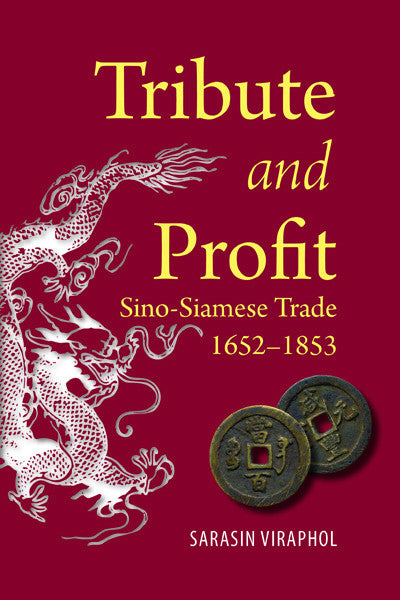
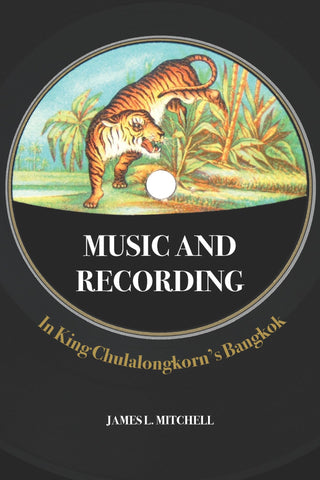
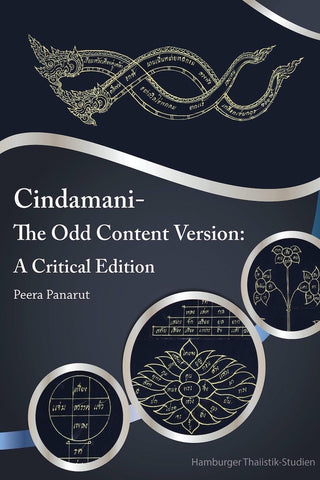
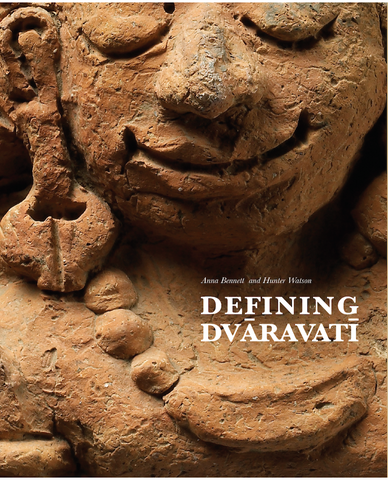
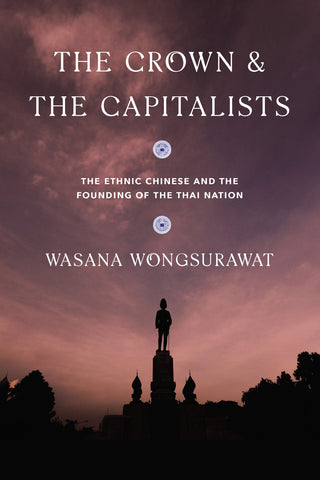
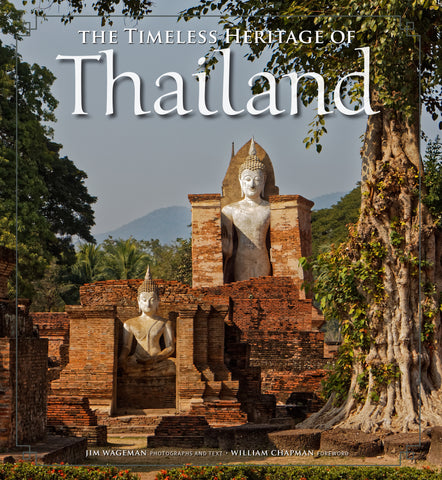
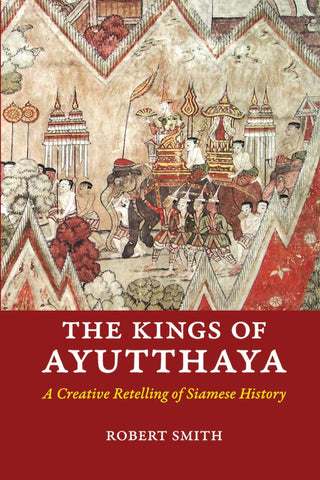
Share this item: